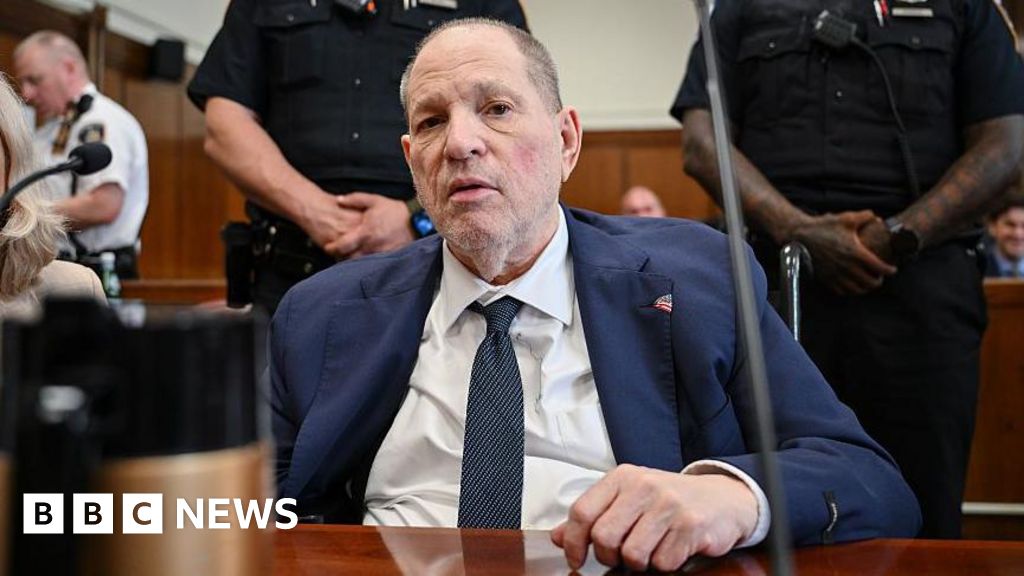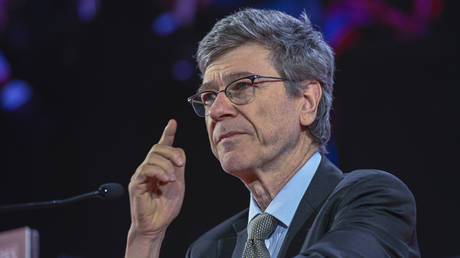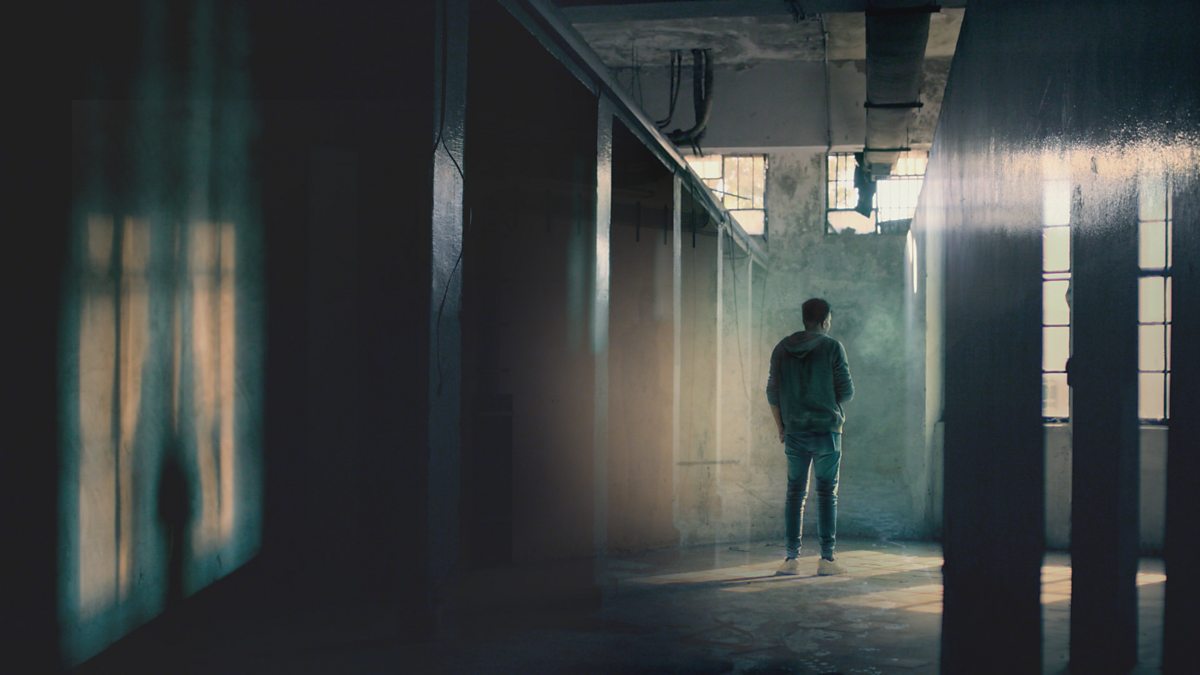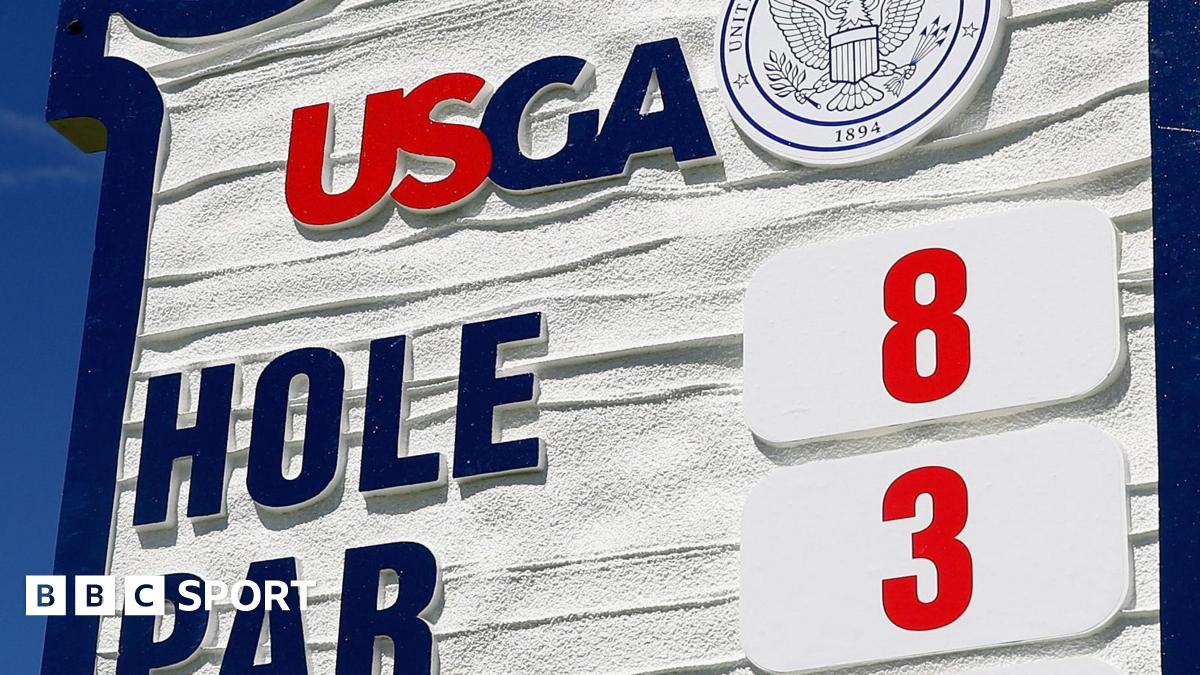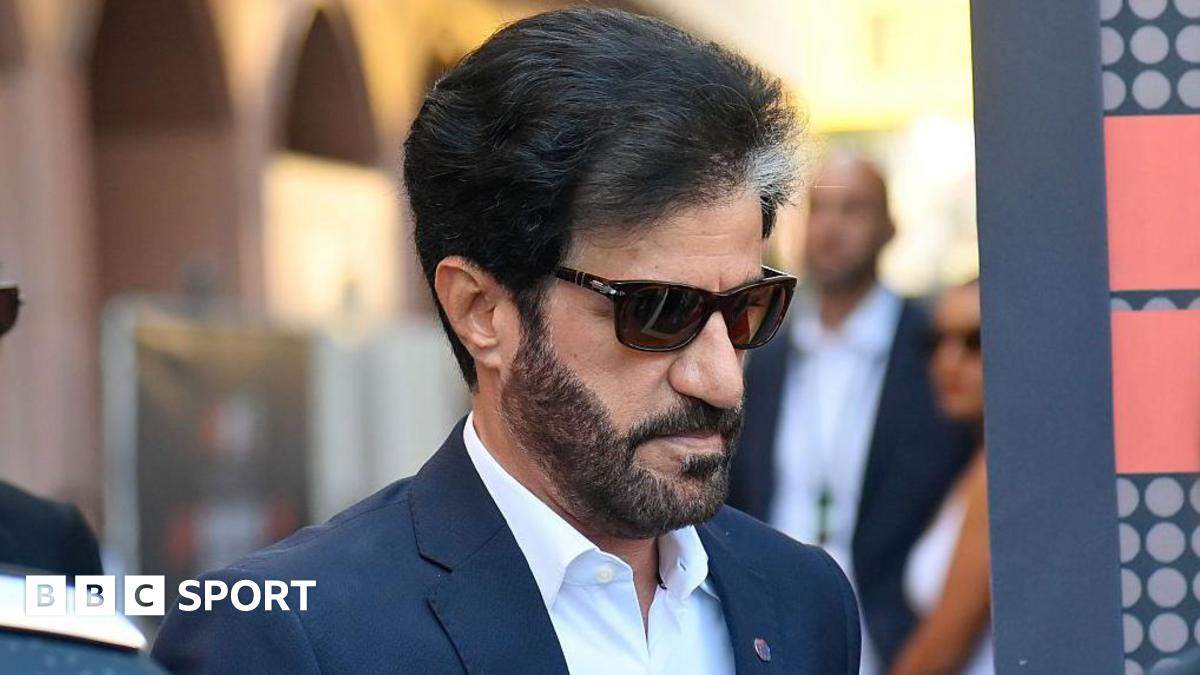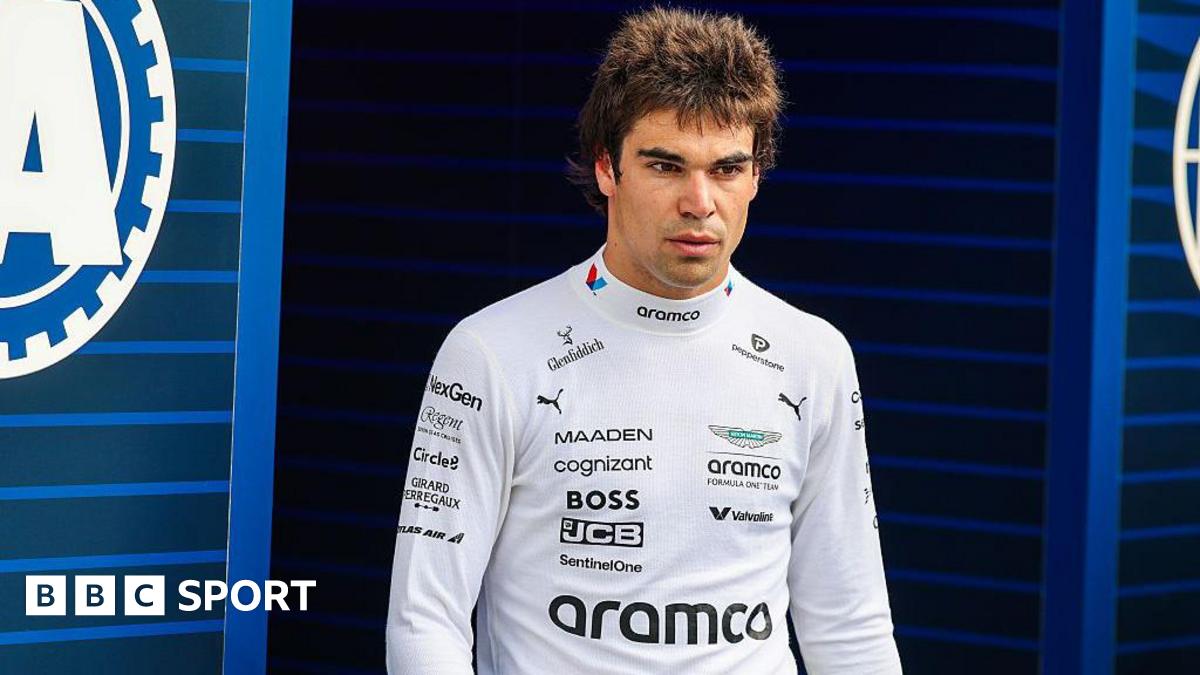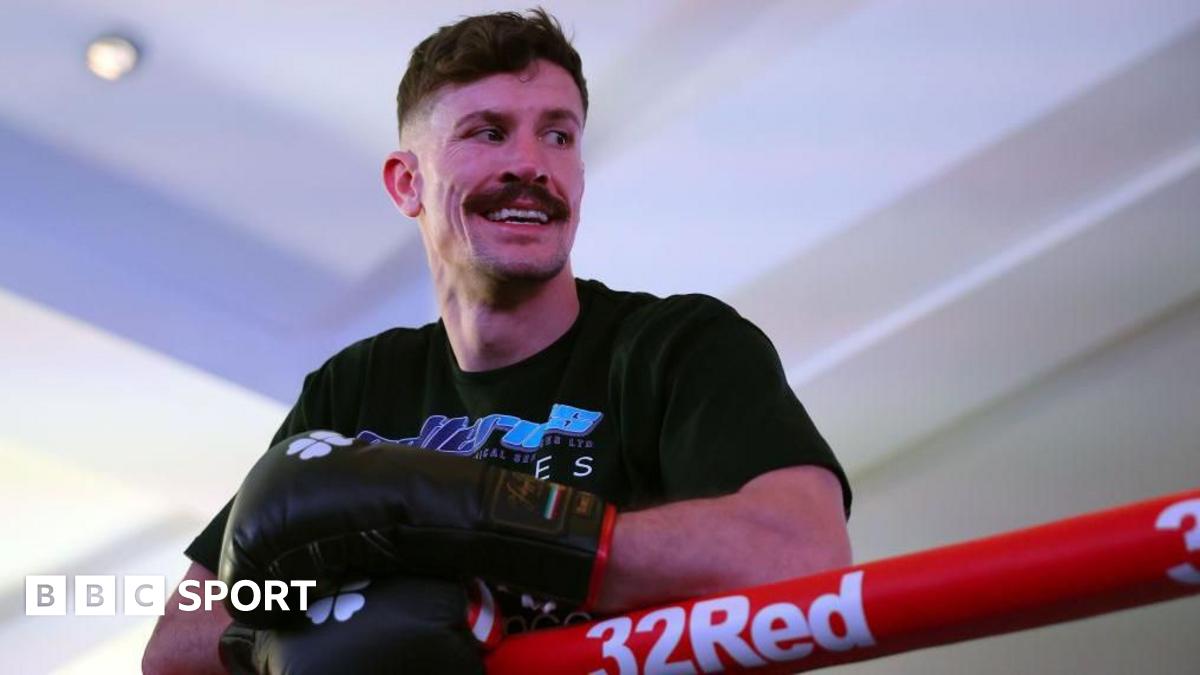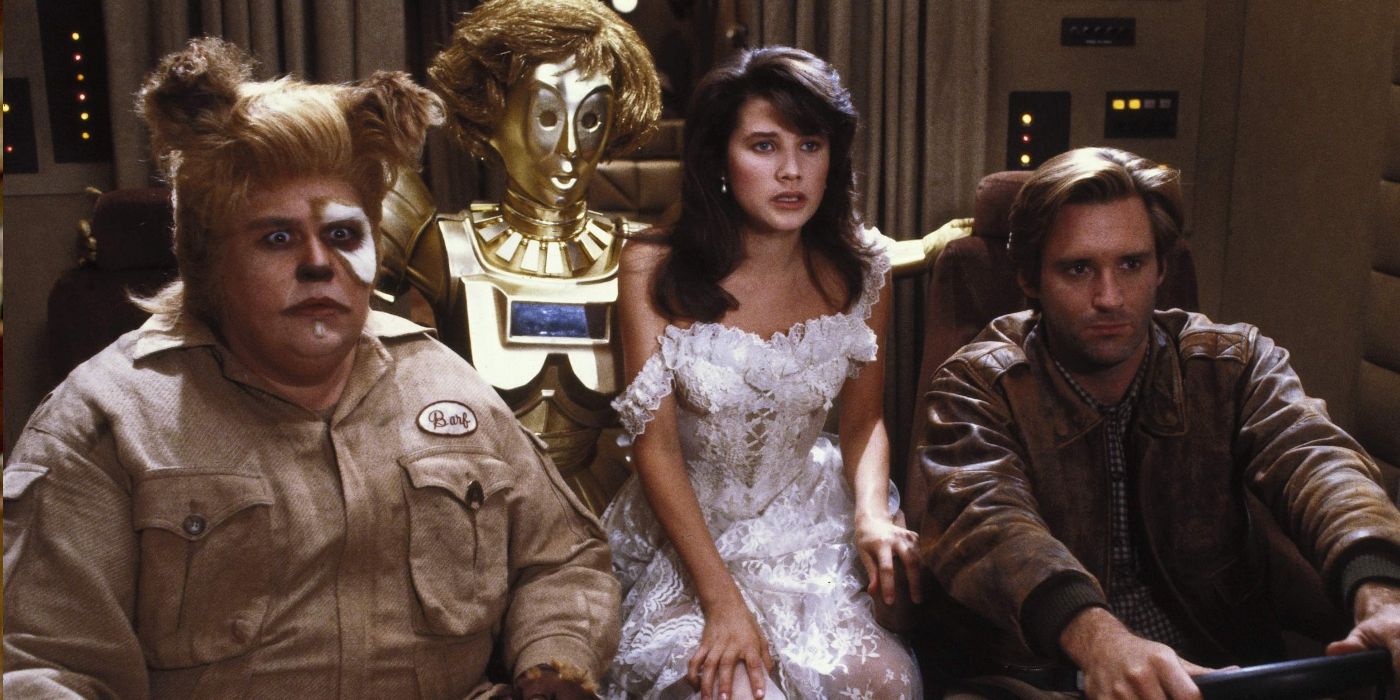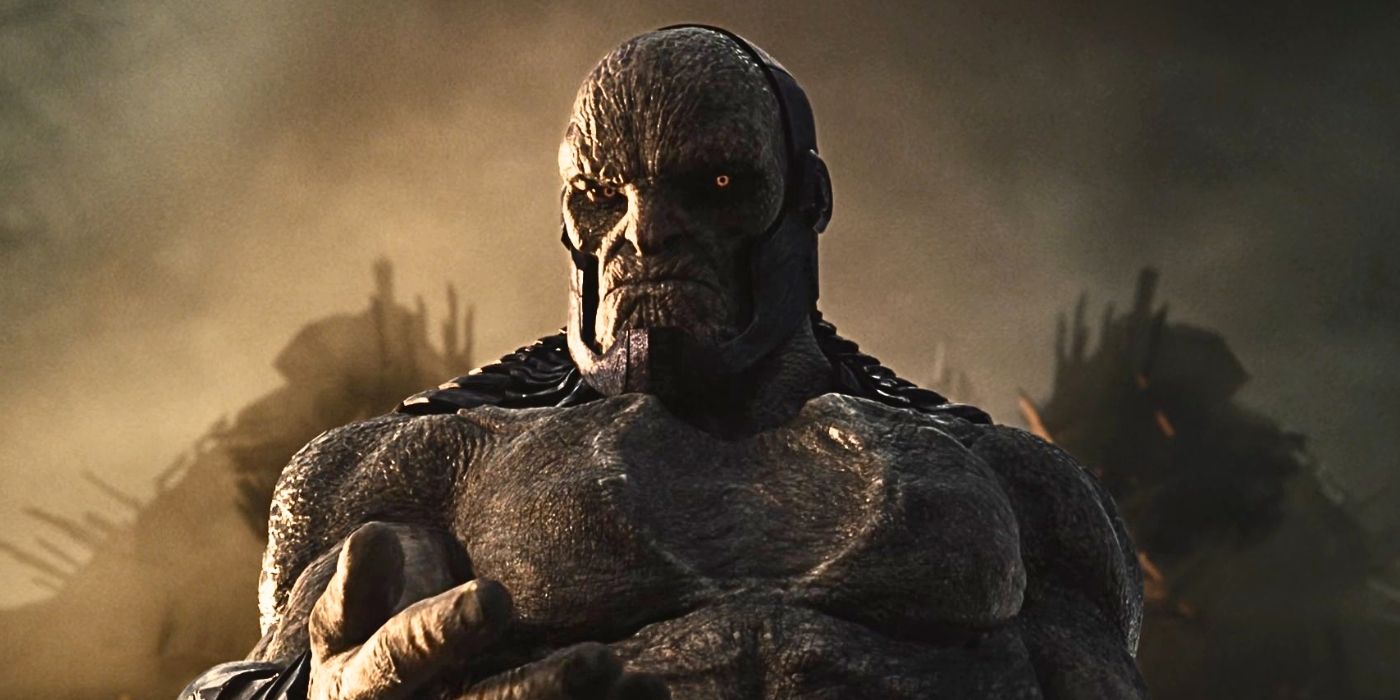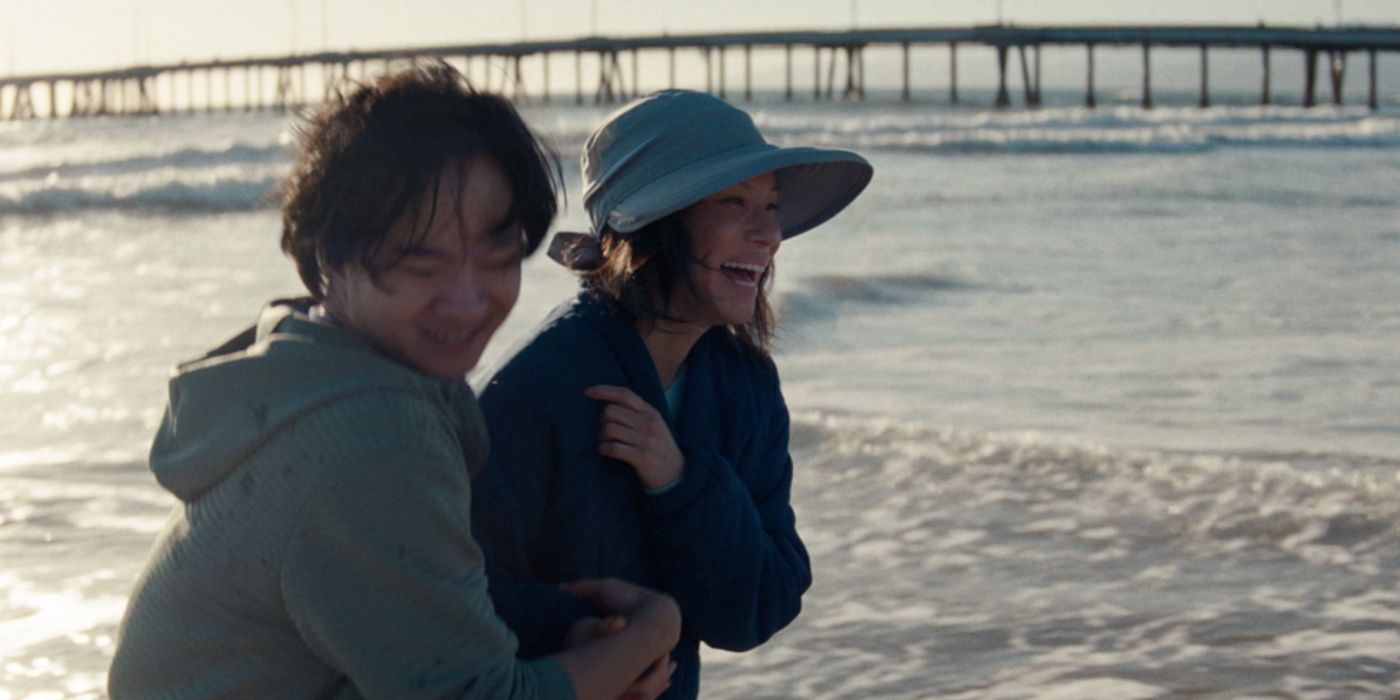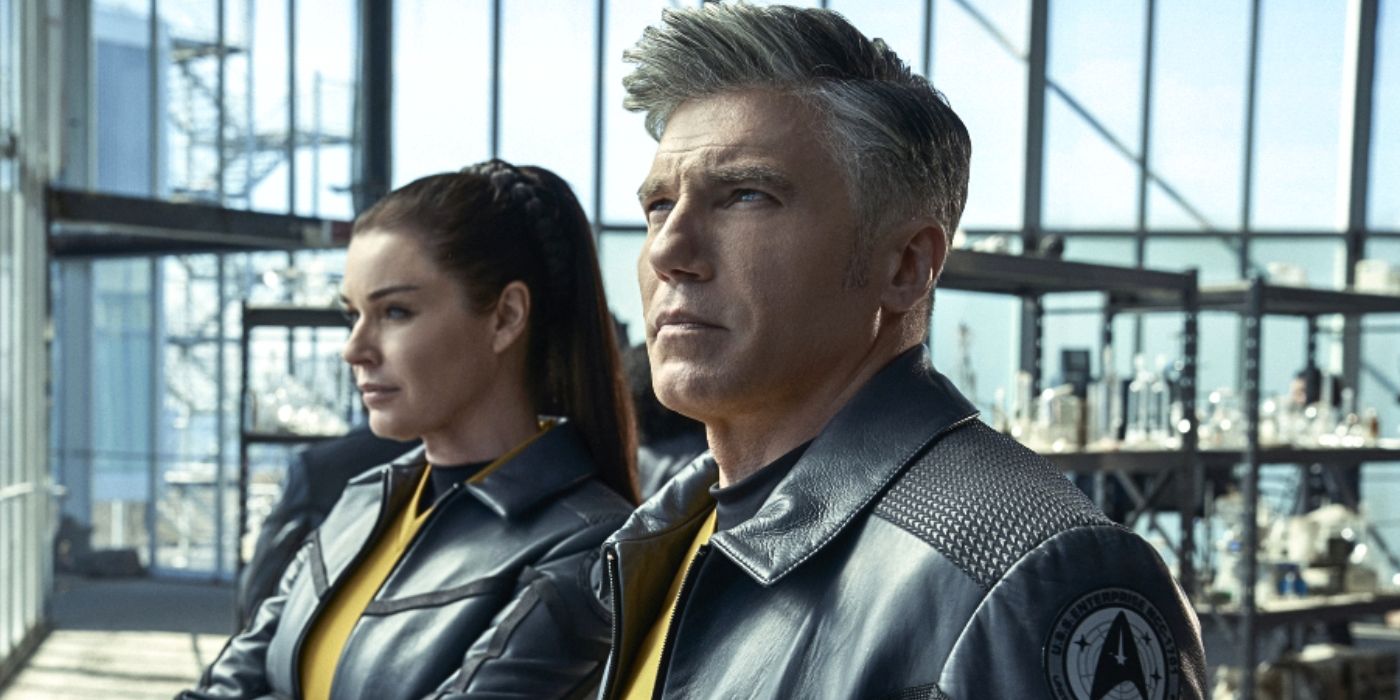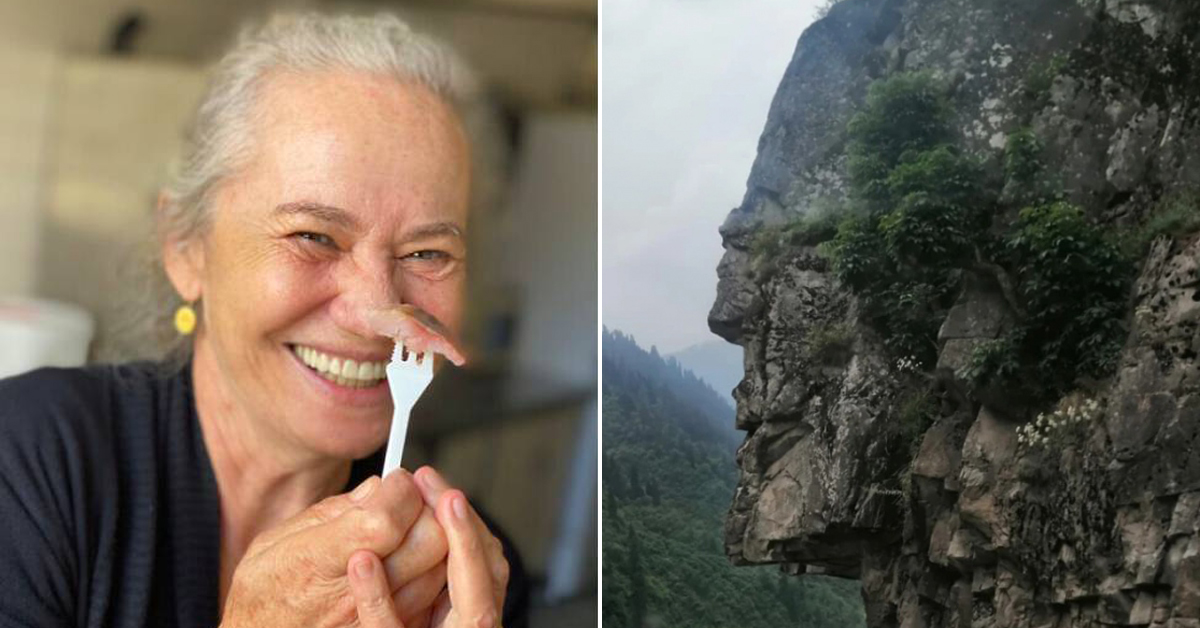Lifeguard’s exhilarating art-punk is charged by the radical possibilities of DIY culture


In the 2020s, which have thus far been defined by the pandemic and political upheaval, our grasp on the passage of time can often feel somewhat tenuous. Talking to art-punks Lifeguard only compounds this perception. The Chicago-based trio, whose youngest member is 18, have spent the first half of the decade living the indie dream of playing overseas festivals, Audiotree sessions and signing to legendary indie label Matador Records. Trying to comprehend how they’ve fit it all in is enough to make you feel temporally disjointed.
“We all just happened to meet each other soon after these explosions of musical influence started to happen,” Lifeguard guitarist and vocalist Kai Slater says of their pre-teenage formation. Speaking from a bus in Spain and their home city, respectively, Slater and drummer Isaac Lowenstein help NME piece together their origins. The band coalesced in 2019, when Isaac, the youngest member, was just 12 years old. Kai recalls their first practice session: “[We] covered Third Uncle by Brian Eno and started work on some epic two-chord garage rock bangers.”
It goes without saying that 12 year-olds don’t cover Brian Eno deep cuts from 1974 all that often. Lifeguard, who are completed by bassist and vocalist Asher Cale, palpably exude musical literacy. Tracks on their scintillating debut full-length ‘Ripped And Torn’, such as ‘Music For Three Drums’, reference avant-garde composer Steve Reich, while the trio have previously covered tracks by The Jam, experimental post-punks This Heat and cult US punks Wipers.
This musical knowledge was baked into the band at a young age. Lowenstein recalls his sister, a member of indie pop act Horsegirl, introducing him to Fugazi, while Slater’s dalliance with folk put the likes of Neutral Milk Hotel and the Elephant 6 collective on his radar. This youthful immersion in differing strands of alternative music informed Lifeguard’s eclectic sonic palette, which moves between fuzzy alt rock, scratchy post-hardcore and off-kilter post-punk with the smooth elegance of a fine-tuned car shifting through its gears.
“All public art has a political function. If you avoid it, that’s political in itself” – Kai Slater
In some ways, the city of Chicago is Lifeguard’s fourth member. The band proudly describe themselves as “city kids” who’ve been immersed in Chicago’s alternative culture since pre-pubescence. “My first rock show was Osees, at a block party,” recounts Slater. “I remember clinging to the barrier; this 12-year-old who had no idea what a mosh pit was.” Lowenstein details another similar memory: “My first show was at this amphitheatre called Pritzker Pavilion, which was designed by Frank Gehry. Me and my sister saw Parquet Courts and I remember that crazy feeling of seeing the pit explode. I was hooked from the start.”
Outdoor gigs have played a formative role in Lifeguard’s story since day one. The band’s first ever show was at a block party on Cale’s street. “We just asked if we could set up our gear on the street outside the house,” laughs Lowenstein. “It was night time and all I can think of, when I think of that show, is this yellow street lamp above us. It was beautiful.”

The DIY mentality espoused here is hard-coded into the DNA of both Lifeguard and the scene they’re a core component of. Their friends and peers include notable contemporary indie acts such as Horsegirl and Friko, all of whom have been playing together in Chicago since they were in their early teens. Lowenstein waxes lyrical about the city: “No one here ever seems to want to hop above the other. Everyone’s committed to playing DIY shows in apartments or wherever.”
Due to their age, Lifeguard have had to get creative with the locations in which they play shows. “We played under the train tracks a couple of times,” Slater explains. “That’s always a battle; overhead trains and amps through a generator.” The most common locations, however, have been house shows, plus “bars where we shouldn’t have been allowed to play, but somehow got in,” as he puts it.
“As soon as we finished this batch of songs we wanted to translate the excitement of them to tape” – Kai Slater
As with all bands that arose at the start of this decade, the pandemic years played a part in their journey. Slater recalls “being scared” that the newly formed Lifeguard would lose their already tight-knit community due to the lockdowns and their restrictions. So he created Hallogallo, a handmade zine that covers Lifeguard’s peers as well as interviews with musical legends (such as Stereolab’s Laetitia Sadier) and radical politics, as an attempt to maintain a “platform” and a “sense of community” in those uncertain years.
Slater describes Hallogallo as an attempt to “form a youth community” that eschewed the internet, which was “the last thing [he] wanted to do during that time.” Given that a recent survey found 70 per cent of gen Z respondents “feel worse after using social media”, Slater was somewhat ahead of the curve with his envisaging of a new-gen offline youth community. Internet use, he surmises, “was obviously rotting everyone’s brains and has damaged everyone’s brains forever, I think.”
Beyond helping to foster a community, Hallogallo serves a vessel to espouse and explore political views, something both members speak about eloquently. “All public art has a political function,” says Slater. “If you avoid it, that’s political in itself.” Lowenstein describes physical printed media as “the best way possible to bypass algorithmic controls”, a vital technique to help combat what his bandmate terms “the threat of mass censorship in America right now.”
Right down to the textural description of its title, Lifeguard’s debut full-length ‘Ripped And Torn’ feels like a physical object, rather than a digital one. Produced by No Age’s Randy Randall, the album’s sonic architecture was deliberately constructed to recall first wave punk and early dub reggae records. A stylised rawness defines these 12 exhilarating tracks. “In the past we’ve taken a while to write songs,” explains Slater. “But as soon as we finished this batch we wanted to translate the excitement of them to tape.”
Despite the band only now unleashing their debut collection, their influence has already spread. While departing his Spanish bus, Slater explains that a youth collective in Portugal told him they were directly inspired by his band and Hallogallo. “They have to deal with cop presence and putting on all ages shows,” he says. “It’s been cool to give them advice on how to cultivate their scene.”
Rumours of DIY’s death may well have been exaggerated. Buoyed by the timeless qualities of thrilling, guitar-driven rock music, Lifeguard are continuing to reaffirm its vitality in our strange, uncertain age.
Lifeguard’s album ‘Ripped And Torn’ is out now via Matador Records. The band are currently touring the UK and Europe, with a US tour to follow
The post Lifeguard’s exhilarating art-punk is charged by the radical possibilities of DIY culture appeared first on NME.
What's Your Reaction?
 Like
0
Like
0
 Dislike
0
Dislike
0
 Love
0
Love
0
 Funny
0
Funny
0
 Angry
0
Angry
0
 Sad
0
Sad
0
 Wow
0
Wow
0




